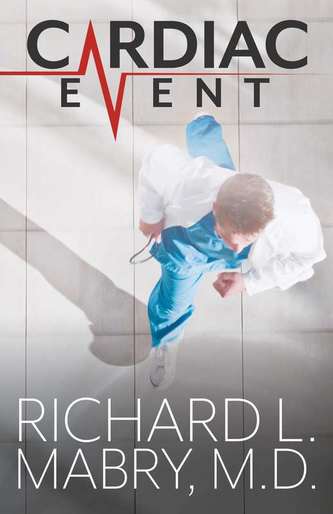 Interview by Brock Eastman Featuring Cardiac Event Cardiologist Dr. Kirk Martin continually crosses swords with Dr. Cliff Hamilton, so he is surprised when Hamilton asks him to care for him after a heart attack. When he is ready for discharge, Hamilton is found dead in his hospital bed, and Martin is suspected of murdering him. After another doctor is found shot to death, Martin’s girlfriend, nurse Janet Rush, reminds him to be careful because he may be next. Can he save his own life while searching for the identity of the real murderer? “There is so much action in his latest release, with just the right amount of romance, it makes it hard to go on without finishing one more chapter.” Romantic Times, 4 ½ stars, “Top Pick” Brock: How did you come up with the idea for this book? RLM: I was thinking about the various medical specialists who literally hold a patient’s life in their hands with certain procedures. One of these is the interventional cardiologist who performs cardiac catheterizations, inserts stents, uses balloons to dilate obstructed coronary arteries, etc. Then, as novelists do, I asked myself a question: “What would a cardiologist do if he had another doctor on the table, one with whom he had major differences? Would he be tempted to let something bad happen to them? And what if the patient died? Would the cardiologist be investigated as a murderer?” Once I came up with these questions and populated the story, I was off and running with this novel. Brock: Yes, intriguing questions often inspire great book ideas. Tell us about the main characters. Who are they? What makes them unique? RLM: The protagonist is Dr. Kirk Martin, and his girlfriend/near-fiancé is nurse Janet Rush. Martin crosses swords early in the story with Dr. Cliff Hamilton. We also meet nurse Anna Scott, who figures significantly in the plot, as well as the chief of staff, Dr. Ed Bardwell and a number of other characters. Each character depicts medical professionals and the behavior they might exhibit when faced with a given situation. I suppose their uniqueness lies in the fact that the reader need not suspend disbelief when they encounter their actions. This could have happened. Brock: Give us one fact about each main character that no one else knows. RLM: Dr. Kirk Martin has wanted to be a doctor since his teens, but he didn’t choose cardiology until he was a sophomore in med school. Nurse Janet Martin loves her work, but she longs for the day she can become a full-time wife and mother. Brock: In three sentences, what is this book about? RLM: How about one sentence? A doctor takes on the responsibility of caring for a colleague he doesn’t like, but when that colleague dies, the treating doctor is a suspect in his murder. Brock: Do you outline the entire book before starting, or do you write as you go and let the characters take control of the story? RLM: I’ve always written “by the seat of my pants” so far as the flow of the story goes, but I start with an idea—a “hook” if you will. Then I populate the story, adding more characters as things develop. And I always have what I hope is a satisfying ending in mind, although I generally don’t know who the ultimate “bad guy” will be when I start writing. Brock: How do you believe this story relates to the lives of readers? RLM: Although people enjoy reading about the inner workings of a medical practice, there’s a lot here that’s applicable to how non-medical people handle problems as well. Brock: What is your favorite genre to write for? RLM: I’m not certain if what I write is suspense or a mystery or a thriller, but it will always be medical. Brock: Where do you like to write? RLM: Although some people take their laptops and write elsewhere (porch, living room, a coffee shop) I have an office in our home, and I do all my writing there. Brock: Yes, sometimes changing your setting is the key to get your creative juices flowing. Are you a full-time or part-time author? RLM: I’m not sure it’s possible to be a part-timer in this profession, because of the time necessary in marketing and writing the next book, but if there’s such a thing as a part-time author then I’m one. Brock: I can understand that. How long does it usually take you to write a single book? RLM: I usually can finish writing a novel in six to eight months. Novellas are shorter, but I find them harder to write, so they take about six months as well. Brock: What is your "how I got published" story? RLM: Although I wrote or edited a number of textbooks while practicing medicine, I had no ideas about writing outside that activity. But after the death of my first wife, I wanted to turn my journaling into a book to help those going through the same experience… but I had no idea how to do it. Finally, I attended a writer’s conference, where I not only acquired the knowledge to eventually write that non-fiction book (The Tender Scar: Life After The Death Of A Spouse, which is still in print after a decade), but was challenged by a couple of authors to try my hand at fiction. After four years writing four novels that garnered forty rejections, I got my first contract for a novel. I’ve now had eleven novels and three novellas published, the most recent one being Cardiac Event. Brock: What is the one author, living or dead, who you would co-write a book with and why? RLM: I’d probably team up with the late Robert B. Parker, because he wrote clean, simple declarative sentences and kept the reader guessing until the end, both of them things I try to do as well. Brock: Describe your feelings when you opened the box and saw the first published copies of your very first book? RLM: “Wow!” Brock: Coke or Pepsi? RLM: Dr Pepper (this is Texas)—when that’s not a choice, Coke. Brock: Soft shell or hard shell tacos? RLM: Soft shell. Brock: Favorite place to vacation? RLM: Although we’ve loved many places we’ve gone (especially the Black Forest of Germany overseas, North Carolina here in the US), lately I’ve found myself thinking, “There’s no place like home.” Brock: Favorite season? RLM: Spring (golf, baseball, moderate temperatures … need I say more?) Brock: Do you have a particular drink or food you consume when you write? Like coco, raspberry tea, animal crackers? RLM: Mid-morning, I take a break for an energy drink, often blended with various fruits. Brock: Favorite color? RLM: Blue Brock: Do you have a favorite Bible verse? RLM: Psalm 139, especially verse 4: “Even before there is a word on my tongue, behold, O Lord, You know it all.” Brock: A beautiful verse indeed! Do you listen to music while you write? If so, what are some examples? RLM: No, I find myself getting involved in the music instead of writing, so I want quiet. Brock: Yes, it can be distracting at times. What might our audience not know about you? RLM: I played semi-pro baseball. (I could throw a curve ball but not hit one, so that career path was a dead end). And while in the Air Force I participated in a helicopter rescue, even though I’m afraid of heights. Brock: If you weren’t a physician or a writer, what career path would you have followed? RLM: In high school, I thought briefly about going to law school. I might have made a decent jurist, but the everyday practice of law probably wouldn’t work for me. 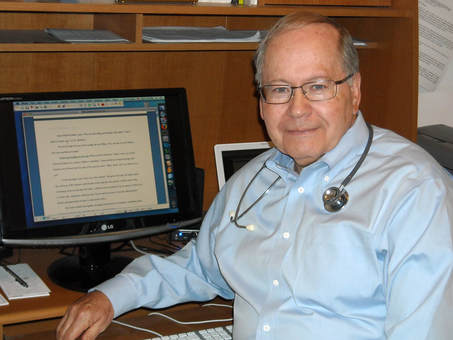 Author Website: http://rmabry.com and http://rmabry.blogspot.com Author Facebook: http://facebook.com/rmabrybooks Author Twitter: http://twitter.com/RichardMabry Author Pinterest: http://pinterest.com/RichardMabry
0 Comments
Leave a Reply. |
Follow meArchives
May 2024
Categories
All
|

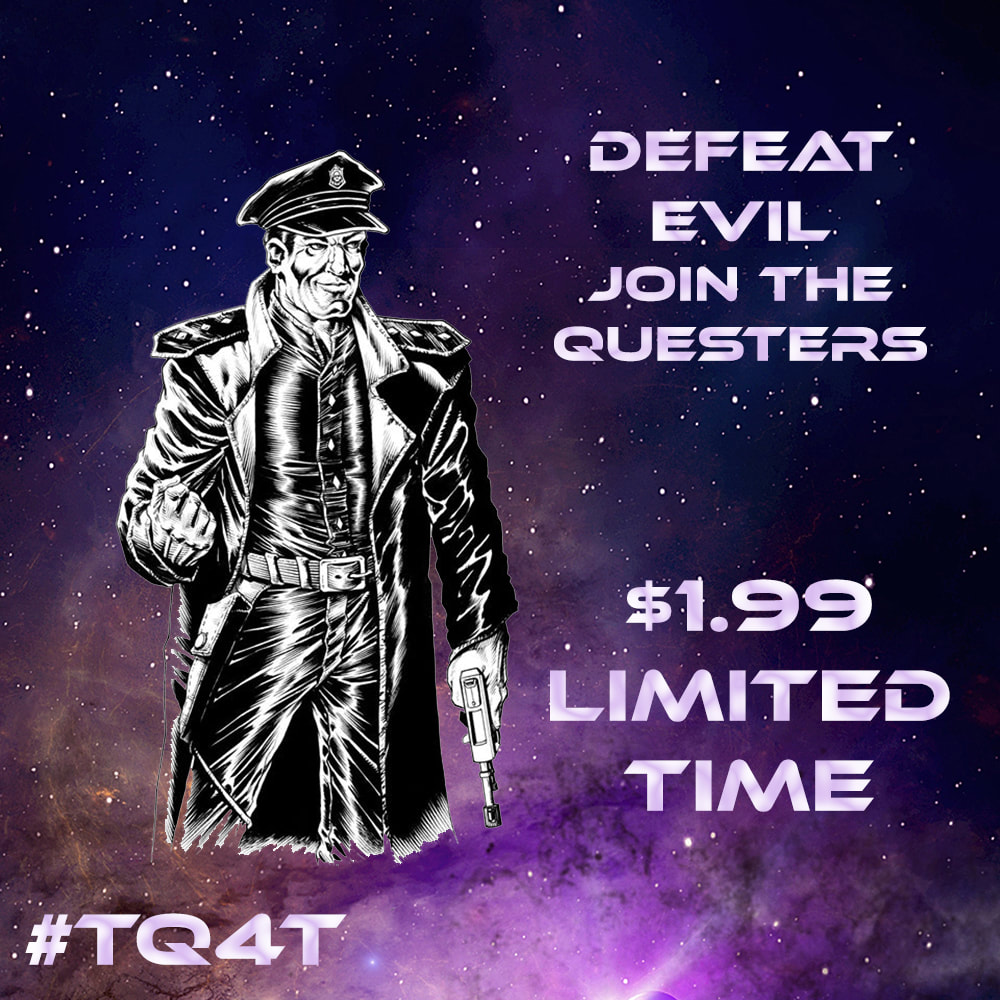
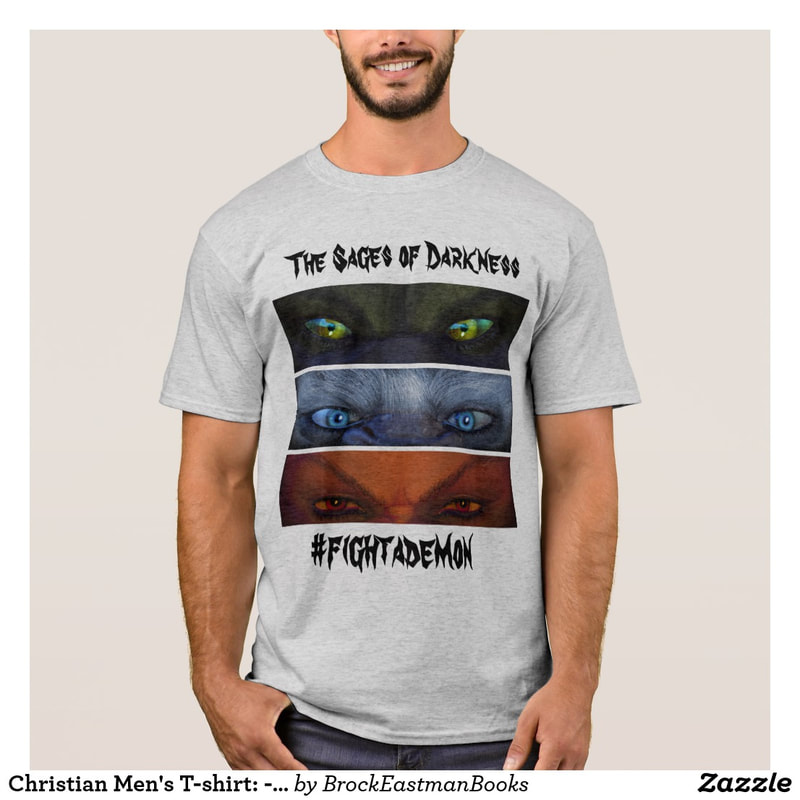

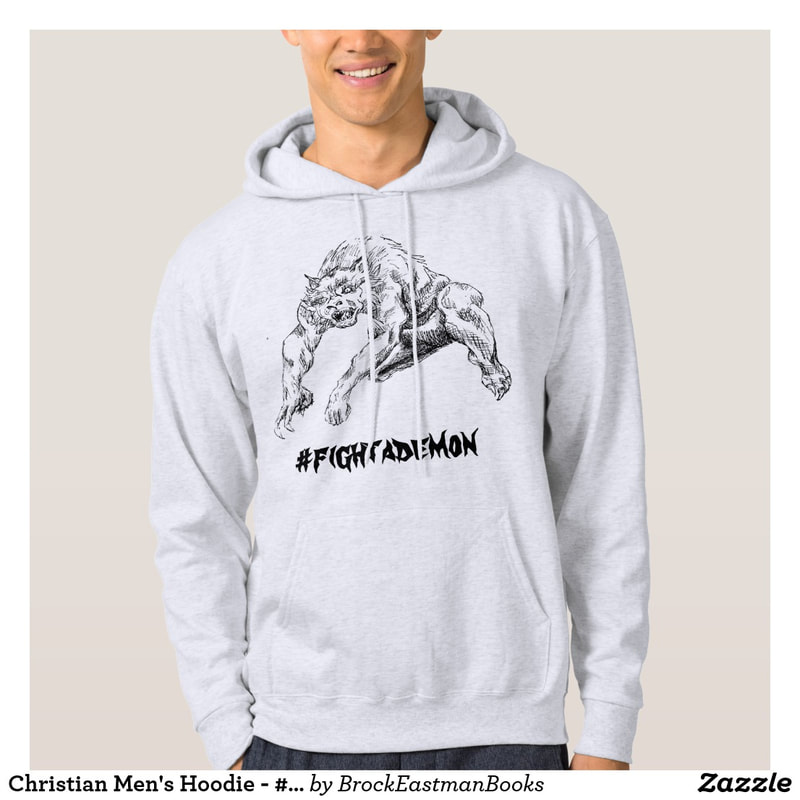

 RSS Feed
RSS Feed